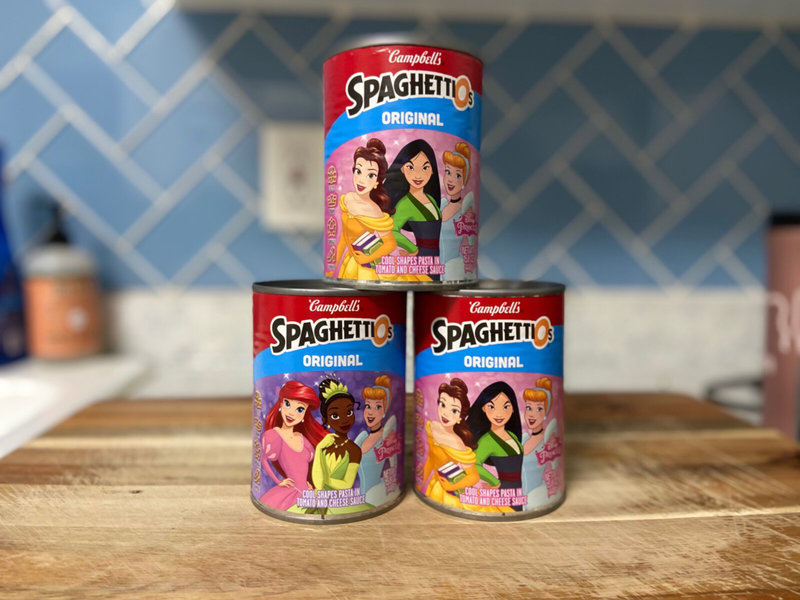October is the fourth-annual Dining Month on OnMilwaukee.com. All month, we're stuffed with restaurant reviews, delicious features, chef profiles, unique articles on everything food, as well as the winners of our "Best of Dining 2010."
When picturing a chef, those behind-the-scenes at steakhouses are often overlooked.
But Rich Alvarado of Brewski's Steak House disagrees. The 24-year kitchen veteran knows there's much more to a good steak than slapping a piece of beef over a fire.
A good steak takes time, preparation – and the right meat.
Alvarado, who's been running the Brewski's kitchen since the West Side steakhouse, located at 6024 W. Bluemound Road, opened this past summer.
We spoke with Alvarado a little more than a year ago, but now, at a new restaurant, we decided to check back in again. He took a few minutes to talk about cooking with OnMilwaukee.com.
OnMilwaukee.com: You've been here at Brewski's since it opened. How did you get to this point? Tell us about your background and experience.
Rich Alvarado: Before Brewski's, I was at Coerper's 5 O'clock Club for 17 years. Before that, I worked at the Astor Hotel for about seven years. I started my cooking career there, washing dishes and making salads. When I left, I was the sous chef. That's pretty much it as far as my experience in restaurants. Two jobs and that spans 24 years.
OMC: What made you want to really get into the business as a career?
RA: Basically, it was a first job type of things but then the atmosphere kind of appealed to me. My mom let me cook at home. My brothers have been in the business, my mom still works in food service at Potawatomi (Bingo Casino). We're kind of a food service family.
OMC: Do you have what you'd consider a "signature dish?"
RA: Of course, making steaks is what I do the most. That's pretty much my forte. I wouldn't say anything in particular is a signature.
OMC: Does the art of making a steak often get overlooked in the culinary world?
RA: I think so. Too many people settle for what's at an Applebee's or something as steak. We all know it can be a lot better than that. There is a difference between slapping a piece of meat on the grill and proper preparation and ingredients.
OMC: Do you have favorite restaurant, aside from where you work?
RA: I like a lot of places. It's hard to pick a favorite. It's hard to say on that. I eat at home a lot. When I'm not working, I am cooking for my family.
OMC: How about a favorite cookbook?
RA: I can't remember the exact name but it's something by Jacques Pépin ("Fast Food My Way"). I like all of his stuff. He's a classic teacher of cooking. More people should follow the type of cooking he teaches. These days, everybody wants to create their own new way of cooking. That's fine for some people, but people lose the basics like how to properly clean out a bone of chicken or peeling vegetables. It just makes you a better chef.
OMC: Do you watch the Food Network at all, and do you have any favorite shows?
RA: I like Alton Brown. Again, because he's an educator. He makes it easy for people to understand what he's trying to get across. That's a good thing. He's my favorite; it's my favorite show.
OMC: What's been the biggest development in culinary arts over the last 10 years?
RA: You see all these places moving more towards "fresh from the farm" and local ingredients. Something that the customers are asking about more, too. They want to know where our products our coming from.
OMC: What's the one kitchen utensil you can't live without?
RA: That would have to be my tongs. It's my second hand! When my tongs aren't around – and my towel, it's like my "blankie" – they can never be too far away.
OMC: What do you see as being the next big trend in dining?
RA: Again, it's the "farm-fresh" stuff. The customers are much more educated about where they're eating so you have to be sure you have the answers ready for them. There's a lot more of a relationship between the restaurant and customers rather than just coming in and eating. People are a lot more interested in what goes on in the restaurants than what's on the menu.
OMC: Which is the toughest day or night in the industry?
RA: Mondays are the toughest because usually, it's not very busy. Sure, you can get prep work done but being busy is what we all want to be. When I'm not busy, and I know there's some guys that don't mind sitting on their rear end, but I want to be busy all the time. Monday is a tough day to get people out to eat.
OMC: Do have a guilty pleasure when it comes to cooking or dining?
RA: Cheeseburgers! I can't live without them. I love cheeseburgers. I'm always shopping around for a good one or making them at home. Especially now, these bakeries are coming up with amazing new rolls to put them on, you have all different types of cheeses here in Wisconsin to use, all different meat options. Burgers are good food. It doesn't have to be fancy for me, it just has to be good.







